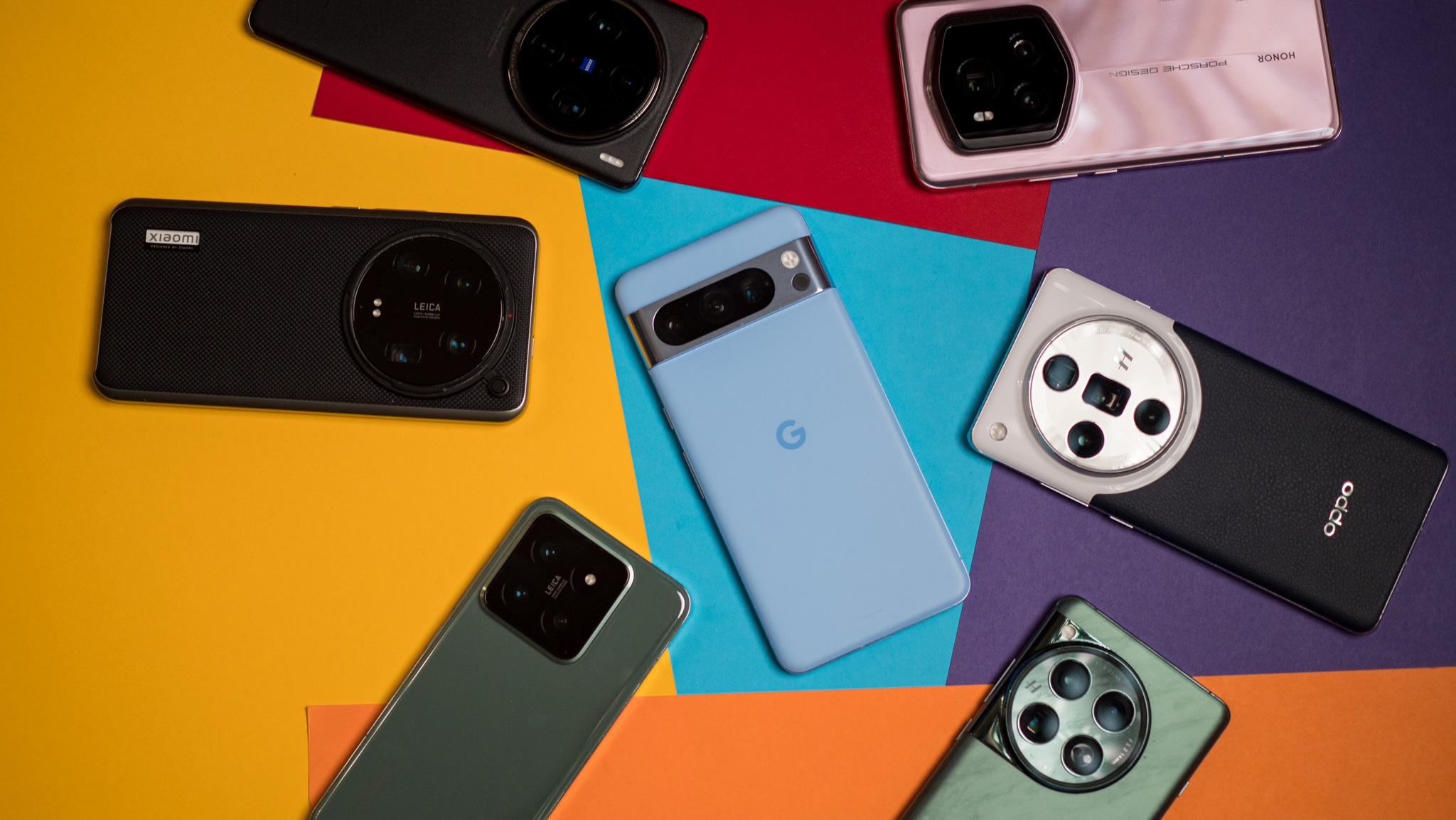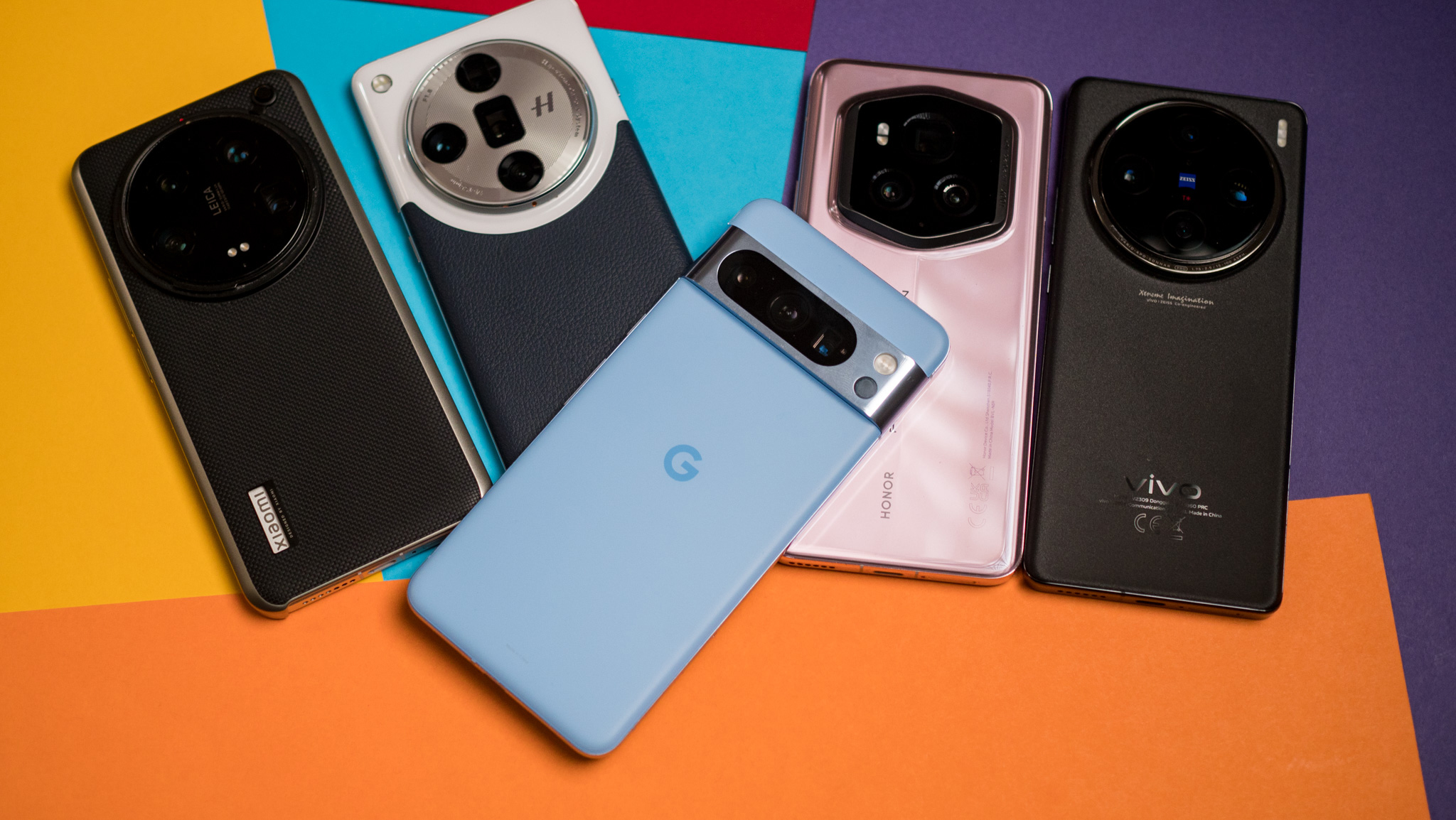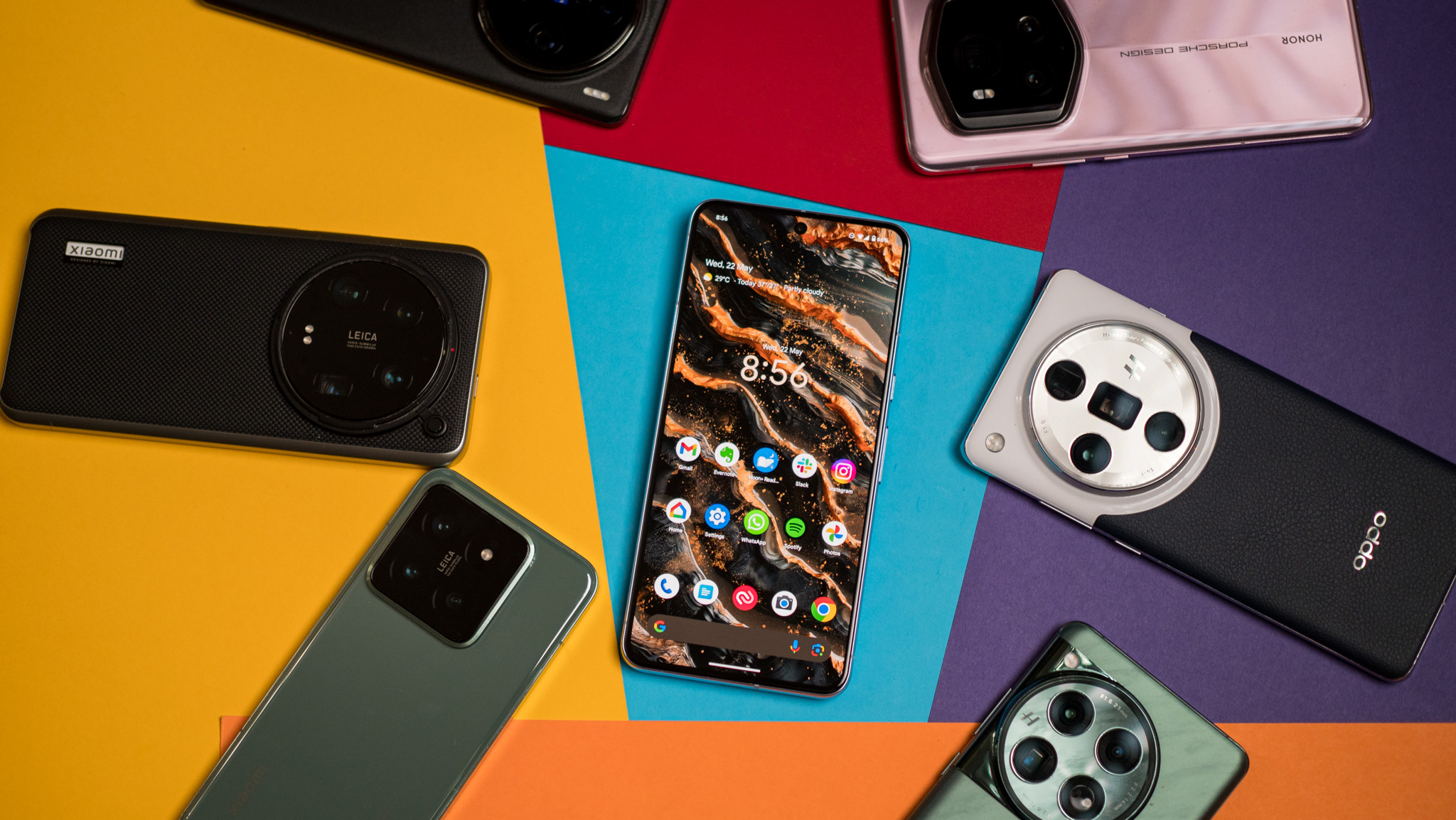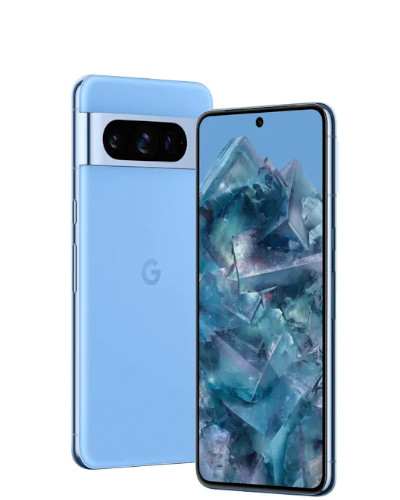I switched back to the Pixel 8 Pro, and I couldn't be happier
It's all about the experience.

It's been a busy year; I used over 30 phones in the course of the last five months, and there have been a lot of notable devices. While phone designs and hardware haven't changed too much, the one area that is seeing continual improvement is mobile imaging, with Chinese brands in particular pushing the boundaries of camera tech.

In Hardwired, AC Senior Editor Harish Jonnalagadda delves into all things hardware, including phones, storage servers, and routers.
Devices like the Xiaomi 14 Ultra, OPPO Find X7 Ultra, Honor Magic 6 Pro, and Vivo X100 Pro all have outstanding cameras, and while there are differences between each device, you're guaranteed to get great shots regardless of whichever phone you choose. And while Chinese brands are doing a decent job with software, there's still some way to go in this area.
I used the Porsche Design Magic 6 RSR extensively in recent weeks, and the device has a lot to offer; it combines distinctive styling with terrific cameras, but Honor's MagicOS is irksome to use at times, and it misses out on a few basics. That's why I decided to switch back to the Pixel 8 Pro once I was done with the current review cycle.
I've always gravitated to Pixels; in previous years, Pixel devices got the most amount of usage out of all other phones. The reasoning is simple: I like Google's vision of Android, and the Pixel's clean interface coupled with unique software extras makes it the ideal choice for my own use case.
I'll freely admit that the Pixel 8 Pro doesn't have the best feature-set: the OLED panel doesn't get as bright as 2024 phones, the hardware is hilariously unsuited for gaming, the battery doesn't last as long, and 30W charging is pitifully slow. From just a hardware point of view, it is objectively worse.

Google doesn't even have the best cameras in the industry. Chinese brands have made greater strides in this regard over the last 15 months, and the switch to massive 1-inch sensors combined with overhauled camera tuning means the likes of the Xiaomi 14 Ultra, Find X7 Ultra, and Magic 6 Pro take much better photos than the Pixel 8 Pro in any given scenario.
The Xiaomi 14 Ultra in particular is terrific, and the Magic 6 Pro somehow manages to take outstanding photos of fast-moving objects. Out of all the phones I used this year, I liked the cameras on the Find X7 Ultra the best — I prefer its color vibrancy to that of the Xiaomi 14 Ultra, and the phone does a better job with portrait shots in challenging scenarios.
Be an expert in 5 minutes
Get the latest news from Android Central, your trusted companion in the world of Android
But I don't care about any of that. What the Pixel 8 Pro lacks in hardware prowess it more than makes up for in the software, and that ultimately is the differentiator. The Find X7 Ultra's interface is fluid like no other phone around, but trying to wrestle the Chinese ColorOS build to do what I wanted became a constant source of frustration. Same with the Xiaomi 14 Ultra — Xiaomi's long-awaited software overhaul isn't meaningfully different, and if anything, it is more annoying to use.

The Pixel 8 Pro, meanwhile, manages to deliver an overall experience that's just better than other devices. The software doesn't have as many features as its rivals, but the ones Google included inevitably get a lot of use; I like At A Glance and Now Playing and constantly utilize both features, Recorder is my go-to choice to record and transcribe interviews, and all the AI-infused camera features that debuted in the Pixel 8 Pro are fantastic to use.
While a lot of brands are bundling AI into just about every product they can imagine, I like what Google did in this area. Best Shot, Audio Magic Eraser, and Magic Editor are all useful features that make a difference in how I take and edit photos and videos, and I even get a lot of utility out of Video Boost.
There's also the fact that I like the Material You interface; it is quirky and playful, and it does a great job with the basics: notification management, UI navigation, and security.
I know it isn't for everyone, but for what I need from a phone, the Pixel 8 Pro continues to be the perfect choice.

The Pixel 8 Pro doesn't have the latest features, but it continues to deliver in the areas that matter the most.

Harish Jonnalagadda is Android Central's Senior Editor overseeing mobile coverage. In his current role, he leads the site's coverage of Chinese phone brands, networking products, and AV gear. He has been testing phones for over a decade, and has extensive experience in mobile hardware and the global semiconductor industry. Contact him on Twitter at @chunkynerd.
You must confirm your public display name before commenting
Please logout and then login again, you will then be prompted to enter your display name.
